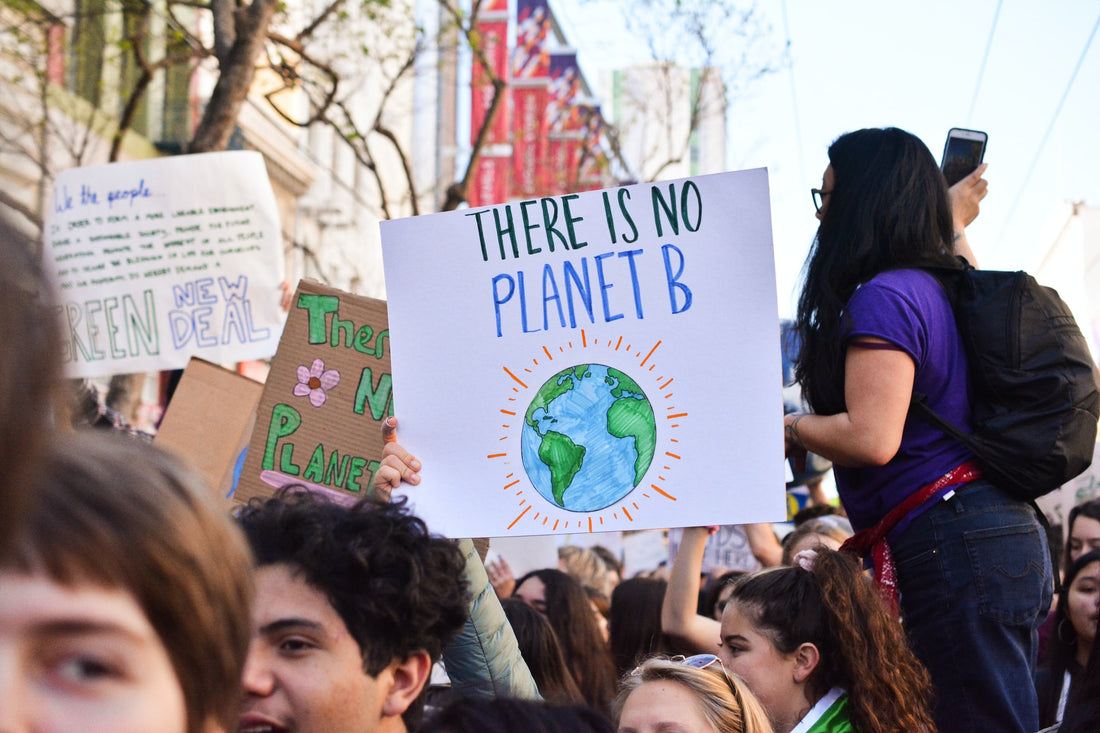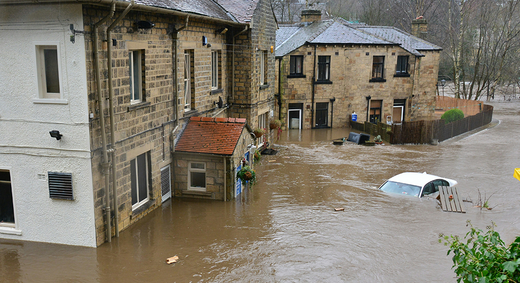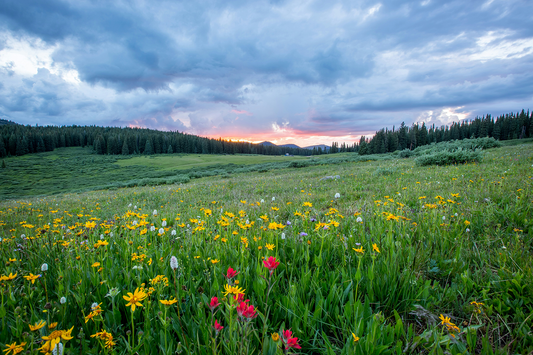
Top 10 facts on climate change
Share
Climate change is one of the most significant challenges that humanity faces today. It is a long-term shift in the Earth's weather patterns, causing severe and sometimes irreversible damage to our planet's ecosystems. Climate change has a multitude of causes, including human activity and natural events, such as volcanic eruptions, but the consensus among the scientific community is that human activity is the primary cause of the changes we're seeing.
Here are ten important facts about climate change and how it's affecting our planet:
- Climate change is happening and is primarily caused by human activity.
The Earth's temperature has been steadily increasing since the industrial revolution, and scientists have now determined that human activity, such as the burning of fossil fuels, deforestation, and farming practices, is the primary cause of climate change. The scientific consensus is clear: 97% of climate scientists agree that human activity is causing climate change.
- Climate change is causing more extreme weather events.
Climate change is causing more frequent and intense heatwaves, droughts, and floods, as well as more powerful storms, such as hurricanes and typhoons. These extreme weather events can lead to significant economic losses and loss of life.
- Sea levels are rising due to climate change.
The melting of ice caps and glaciers due to global warming is causing sea levels to rise. This is causing coastal flooding and erosion, and threatens to displace millions of people in low-lying areas around the world.
- Climate change is causing a decline in biodiversity.
Climate change is causing a loss of habitat and food sources for many species, leading to a decline in biodiversity. This can have significant consequences for the functioning of ecosystems and the services they provide, such as pollination and soil fertility.
- Climate change is affecting human health.
Climate change is causing more frequent and severe heatwaves, which can lead to dehydration, heat stroke, and other health issues. It's also contributing to the spread of diseases carried by insects, such as mosquitoes and ticks, as these insects are able to survive in regions that were previously too cold for them to inhabit.
- The Earth's temperature is projected to continue to rise.
If greenhouse gas emissions continue at their current rate, the Earth's temperature is projected to rise by 3 to 5 degrees Celsius by the end of the century. This will have severe consequences for ecosystems, economies, and human well-being.
- Renewable energy is becoming more affordable and accessible.
Renewable energy, such as solar and wind power, is becoming more affordable and accessible. This can help reduce greenhouse gas emissions and mitigate the effects of climate change.
- Climate change is disproportionately affecting marginalized communities.
Marginalized communities, such as low-income populations and indigenous peoples, are often disproportionately affected by the impacts of climate change. They are more likely to live in areas that are vulnerable to extreme weather events, and have fewer resources to adapt to the impacts of climate change.
- Climate change requires immediate action.
The longer we wait to take action to reduce greenhouse gas emissions and mitigate the effects of climate change, the more severe the impacts will be. It's essential that we take immediate action to reduce emissions and adapt to the changing climate.
- There are actions that individuals can take to help mitigate climate change.
Individual actions, such as reducing energy consumption, driving less, and eating a plant-based diet, can help reduce greenhouse gas emissions and mitigate the impacts of climate change. While individual actions alone are not enough to solve the problem, they can help raise awareness and encourage others to take action as well.
These are just ten of the many important facts about climate change. It's important that we all stay informed and take action to reduce our impact on the planet. For more information on climate change, check out these resources:
Sources:
- NASA Global









